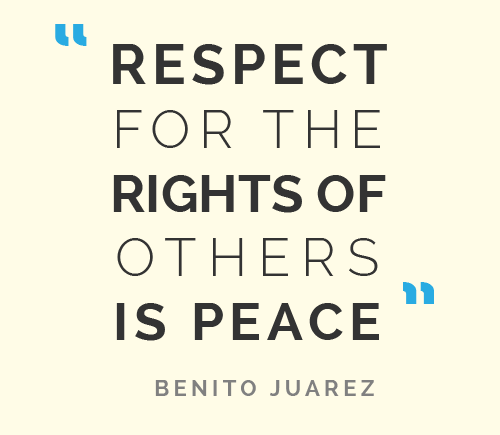indigenous language
Inuit Need Qualified Teachers
Summer vacation in the United States is a good time to reflect on the ways schools help strengthen and perpetuate the languages, cultures, and values of a society—as well as teach children necessary skills. News about this topic last week was troubling. The leaders of Nunavut want their school children to learn both English and […]
A Buid School Makes Significant Progress
Most peaceful peoples focus on raising their children to adopt their nonviolence, much as more violent societies emphasize the importance of teaching aggressiveness and the inevitability of warfare. Some of the small-scale, peaceful groups have problems, however, melding their traditional socialization strategies, which teach their youth to uphold proper moral and social values, with the […]
Lepcha Culture Vibrant, But Threatened
Hard News, an Indian monthly magazine, posted an interesting, in-depth story on its website last Friday about the culture and society of the Lepchas of Sikkim. It is printed in the August issue of the magazine. The author, Deepak Roy Delhi, a film-maker, provides an effective background for understanding the Lepchas and their culture. He […]
Lepcha Language Accepted into Unicode
The Lepcha language has gotten the nod from the Unicode Consortium to be added to edition 5.1 of Unicode, which is due to be released in March or April. As obscure as it may seem, the recognition of being included in Unicode is an important step in preserving the language and culture of the Lepchas. […]
Ladakhis Demand Official Status for their Language
Last Thursday, several thousand Ladakhis staged a demonstration in the city of Jammu to demand that Ladakhi be added to the list of official Indian languages. Dressed in traditional costumes, over 2,000 people, carrying placards and flags, shouted that Ladakhi, also called Bhoti or Bhodi, should be included on the eighth schedule of the Indian […]
Inuit Language Stability [journal article review]
Inuktitut, the language of the Eastern Canadian Arctic Inuit, is one of the few indigenous languages in North America with a good long-term probability of survival, according to a recent journal article. Shanley Allen explores literature on the ways Inuit young people learn and retain their own language in the face of the majority English […]
Unique Speech Patterns on Tristan da Cunha [journal article review]
Much as gidday is often used as a greeting in Australia, or howdy in parts of the U.S., the Tristan Islanders frequently say how you is? when they encounter one another. Uses of these kinds of formulaic greetings vary in different countries, according to a recent linguistics journal article, and the variations often convey local […]
Integrating Traditional Inuit Values into Contemporary Nunavut Government: Part 1, the Bureaucracy [journal article review]
The government of Nunavut is trying to integrate traditional Inuit knowledge, Inuit Qaujimajatuqangit (IQ), into the policies and workings of the new bureaucracy, but it is a difficult task. A recent journal article provides background on the integration of traditional knowledge into the structure of a western, bureaucratic government—or vice versa. The author, Annis May […]
Inuit Language Offers Wide Emotional Nuances [journal article review]
The Inuit language, called Inuktitut, allows the Inuit people to express human emotion concepts such as protective love with greater precision than English does. According to Michèle Therrien, an ethnolinguist who teaches Inuktitut, the concept of nagli, protective love, suggests a preoccupation with the well-being of another person. As she teaches Inuktitut courses to French […]
